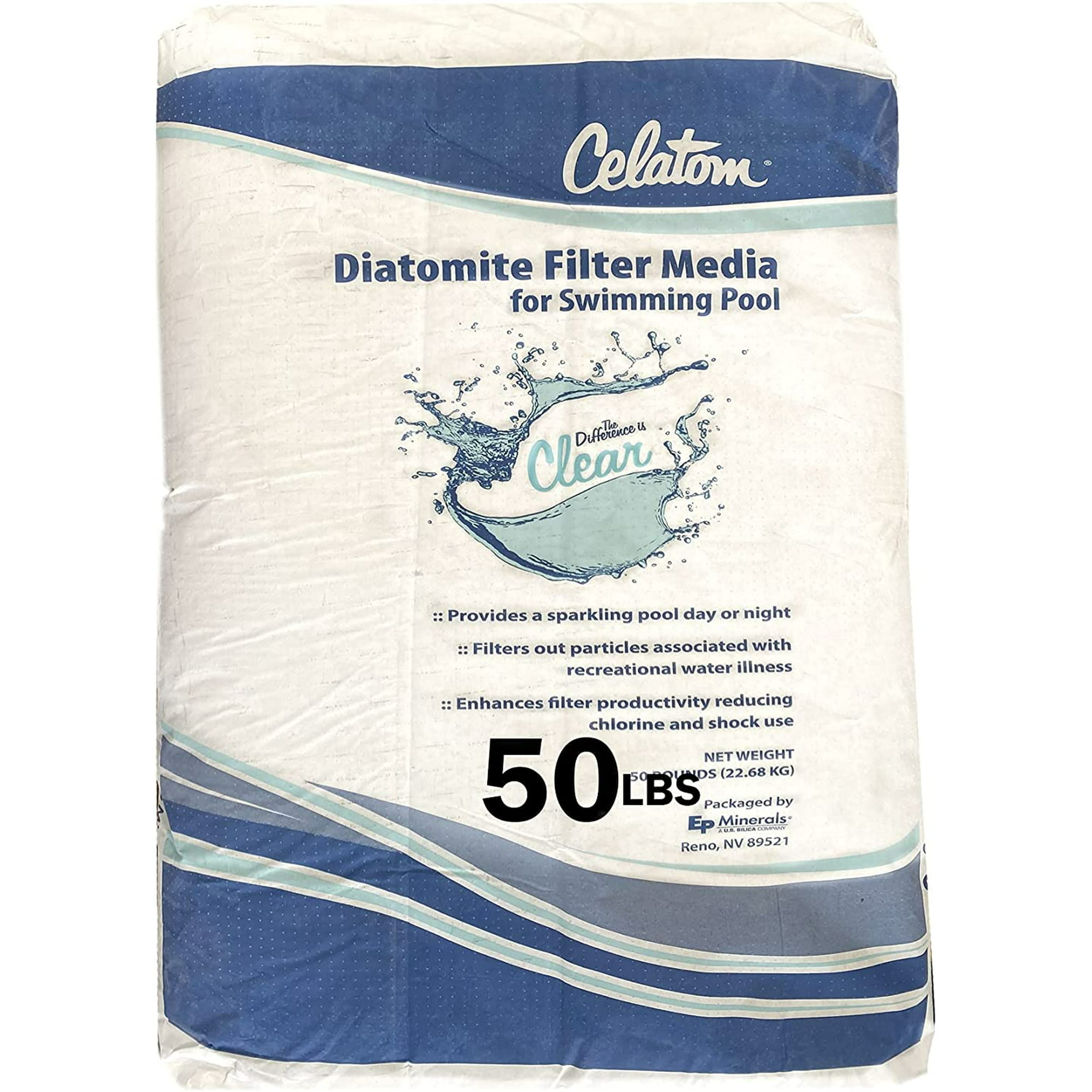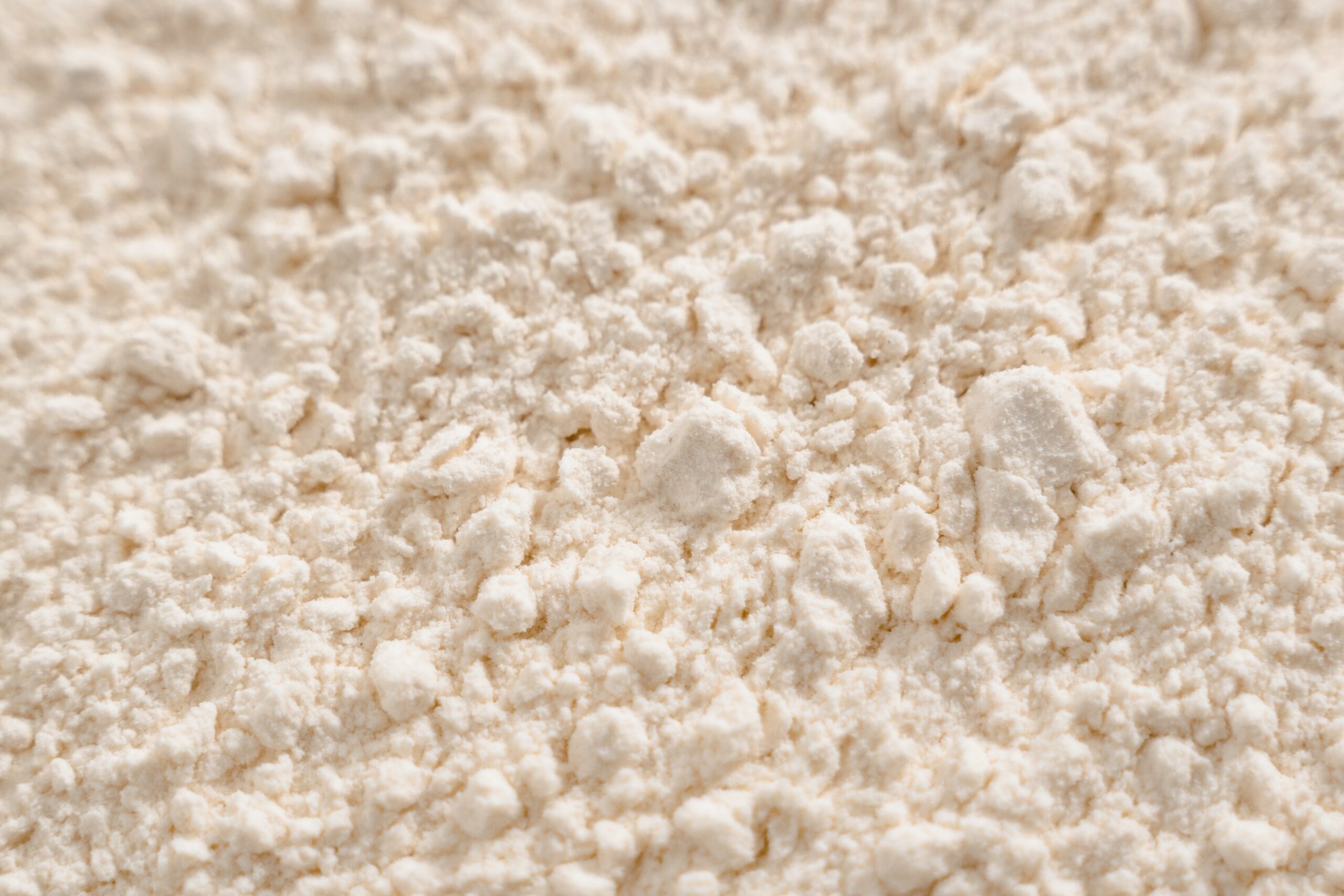A Comprehensive Guide to Diatomaceous Earth Filtering for Clean Water
A Comprehensive Guide to Diatomaceous Earth Filtering for Clean Water
Blog Article
Opening the Conveniences of Diatomaceous Earth Filtering for Tidy and pure Water
The expedition of diatomaceous planet (DE) filtering system offers a compelling option for those looking for effective and lasting water purification methods. As the demand for clean water continues to climb globally, understanding the multifaceted applications and advantages of DE filters may disclose critical understandings for both house and commercial usage.
What Is Diatomaceous Planet?
Diatomaceous earth, typically referred to as DE, is a naturally occurring sedimentary rock made up mostly of the fossilized remains of small, marine microorganisms called diatoms. These single-celled algae are rich in silica, which is the key component of DE. The unique framework of diatomaceous planet includes tiny, porous particles that provide a high surface, making it an efficient filtering tool.
DE is commonly gathered from ancient lake beds and down payments, which have actually gathered over countless years. It appears as a penalty, white to beige powder, and its chemical composition largely includes silicon dioxide, along with trace amounts of different minerals. This composition is what offers DE its exceptional properties.
Along with its application in water purification, diatomaceous earth is utilized in a variety of industries, consisting of agriculture, food storage space, and bug control. Its capability to take in moisture and its rough qualities make it a useful resource in these areas. In general, diatomaceous planet stands apart as an eco friendly choice for various applications as a result of its all-natural origin and performance in filtering processes.

How Diatomaceous Planet Filtering Functions

When water goes through a diatomaceous earth filter, the fine bits are captured in the detailed network of little pores. The dimension and form of these pores are vital, as they are made to target details impurities while permitting tidy water to move through. As water moves via the filter tool, the mechanical activity of the diatomaceous planet captures larger particles, while smaller sized impurities are absorbed or physically blocked.
Moreover, the area given by diatomaceous planet is comprehensive, boosting its capability to hold impurities. This results in a steady build-up of entraped bits, which can be periodically gotten rid of via a backwashing process. This method ensures regular filtering effectiveness and adds to the total effectiveness of keeping clean and pure water.
Benefits Over Standard Filtration
When comparing diatomaceous planet filtering to traditional purification techniques, several benefits arise that enhance water filtration efficiency. Among the main advantages is the premium filtering capacity of diatomaceous earth (DE), which can get rid of smaller bits and impurities that traditional filters might miss. The tiny structure of DE allows it to record pollutants, consisting of bacteria and protozoa, causing cleaner water.
Additionally, diatomaceous earth filters have a tendency to have a much longer lifespan than traditional media, minimizing the frequency of replacement and upkeep. This long life not just lowers functional expenses but also lessens waste, adding to even more lasting practices. DE filters likewise run at lower pressure, which can bring about energy cost savings in large applications.
Another considerable advantage is the flexibility of diatomaceous planet. It can be made use of efficiently in different contexts, from metropolitan water therapy facilities to specialized industrial applications (diatomaceous earth filtering). The all-natural make-up of DE makes it an environment-friendly choice, totally free from hazardous chemicals and contaminants usually related to synthetic filtering systems
Applications in Household and Sector
Countless applications of diatomaceous earth filtering can be found in both house and commercial settings, highlighting its versatility and effectiveness in water purification. In domestic atmospheres, diatomaceous planet (DE) filters are generally used in pool, properly recording particles and microorganisms, thus preserving water clarity and hygiene. Additionally, many homes use DE in home water filtration systems, where it serves to remove contaminations, sediment, and unsafe virus, making certain risk-free drinking Continued water.
In industrial applications, diatomaceous planet filtering is essential to numerous industries, consisting of food and beverage production, pharmaceuticals, and wastewater treatment. In the food market, DE is used in the filtration of beer and wine, promoting the removal of yeast and various other particulates while protecting the beverage's taste account. In wastewater therapy facilities, DE filters play a crucial function in boosting water high quality by capturing pollutants and facilitating the recycling of water sources.
The performance of diatomaceous earth in both house and industrial applications emphasizes its very useful function in advertising clean water gain access to, adding to public health, and supporting sustainable methods.

Selecting the Right DE Filter
Picking the ideal diatomaceous earth (DE) filter is vital for making certain optimal water filtration, whether for residential or industrial use. diatomaceous earth filtering. The option of a DE filter relies on numerous crucial aspects, consisting of the details application, circulation price needs, and the preferred degree of purification
First, assess the quantity of water to be filteringed system. For residential usage, smaller sized filters suffice, while industrial applications may necessitate larger, high-capacity systems. Next, consider the flow price; it is essential to choose a filter that can deal with the required throughput without compromising water quality.
In addition, review the purification level; DE filters been available in different grades, affecting the elimination of impurities and particulates. Higher-grade filters are suitable for applications requiring rigid purity degrees.
Last but not least, think about the maintenance requirements and the schedule of substitute DE powder. Filters that are easier to preserve and have readily available products will reduce downtime and functional expenses. By thoroughly thinking about these aspects, one can select a DE filter that fulfills certain blog needs, making certain the shipment of risk-free and clean water.
Verdict
In summary, diatomaceous planet filtering stands for a significant advancement in water purification technology, offering improved efficiency and efficiency in capturing contaminations. Its distinct porous framework assists in superior purification, while its environment-friendly buildings add to sustainability. The longevity and lower functional pressures of DE filters promote power savings, making them a feasible choice for numerous applications in both commercial and residential settings. Embracing diatomaceous earth filtering can cause boosted public health results and better accessibility to tidy water.
The exploration of diatomaceous earth (DE) filtering provides an engaging choice for those looking for efficient and sustainable water filtration methods.When comparing diatomaceous earth filtering to traditional filtration methods, several advantages arise that improve index water filtration effectiveness.Many applications of diatomaceous earth filtering can be discovered in both family and commercial setups, highlighting its convenience and performance in water filtration. In property atmospheres, diatomaceous earth (DE) filters are frequently utilized in swimming pools, successfully catching debris and microorganisms, thereby keeping water quality and health. In wastewater treatment centers, DE filters play an essential role in enhancing water top quality by capturing impurities and helping with the recycling of water resources.
Report this page